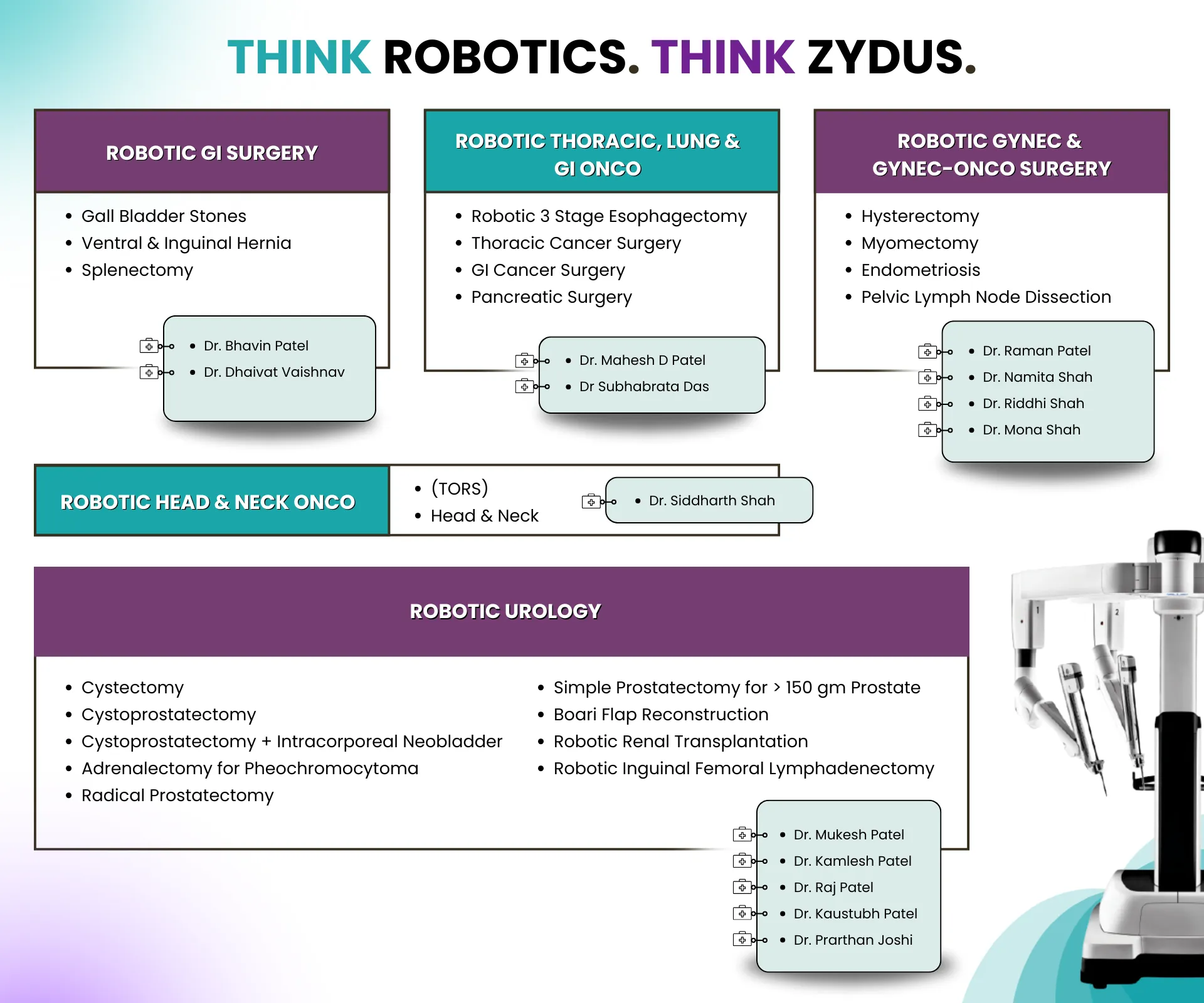
Neurology at Zydus Hospitals
- Medical Specialities
- Neuro Sciences
- Neurology
Evidence-led care for problems of the brain, spine, and nerves.
The Neurology department at Zydus Hospitals brings the best of the neurologists, neurosurgeons, neuro-interventionists, and rehabilitation specialists together to diagnose, treat, and support people with acute and long-term neurological conditions. We write every care plan to solve the problems patients and families actually face, relieving symptoms, preventing complications, and restoring function. As the best neurology hospital in India, we are trusted for advanced and compassionate care.
Conditions We Treat
Zydus Neurology Hospital diagnoses and manages a wide spectrum of conditions affecting the brain, nerves, and muscles.

1. Epilepsy & Seizure Disorders
Epilepsy is one of the most common conditions we treat. Our specialists focus on accurate epilepsy diagnosis and long-term epilepsy treatment plans.
-
Types we manage: epilepsy disease, petit mal epilepsy, focal epilepsy, catamenial epilepsy, jacksonian epilepsy
-
Advanced approaches: video-EEG, MRI, multidisciplinary surgical reviews
-
Additional options: ketogenic diet epilepsy management in select patients
-
Emergency care: fast response for epilepsy emergency treatment
-
Long-term planning: medication, neuromodulation, and lifestyle support for the management of epilepsy
Families often choose Zydus Hospitals for the best epilepsy treatment in India, with structured care pathways led by senior neurologists.
2. Parkinson’s Disease & Movement Problems
Parkinson’s disease affects movement, balance, and quality of life. Our parkinson’s disease specialists provide personalised care for every patient.
-
Parkinson's disease causes: loss of dopamine in brain pathways
-
Parkinson's disease symptoms: tremor, stiffness, slow movements, balance issues
-
Diagnosis: clinical exam + imaging for parkinson's disease diagnosis
-
Treatment:
-
Stepwise medicines for symptom relief
-
Physiotherapy and lifestyle measures
-
Deep brain stimulation for select cases
-
We guide patients and families through all signs and symptoms of parkinson’s disease, ensuring ongoing parkinson’s disease treatment at every stage.
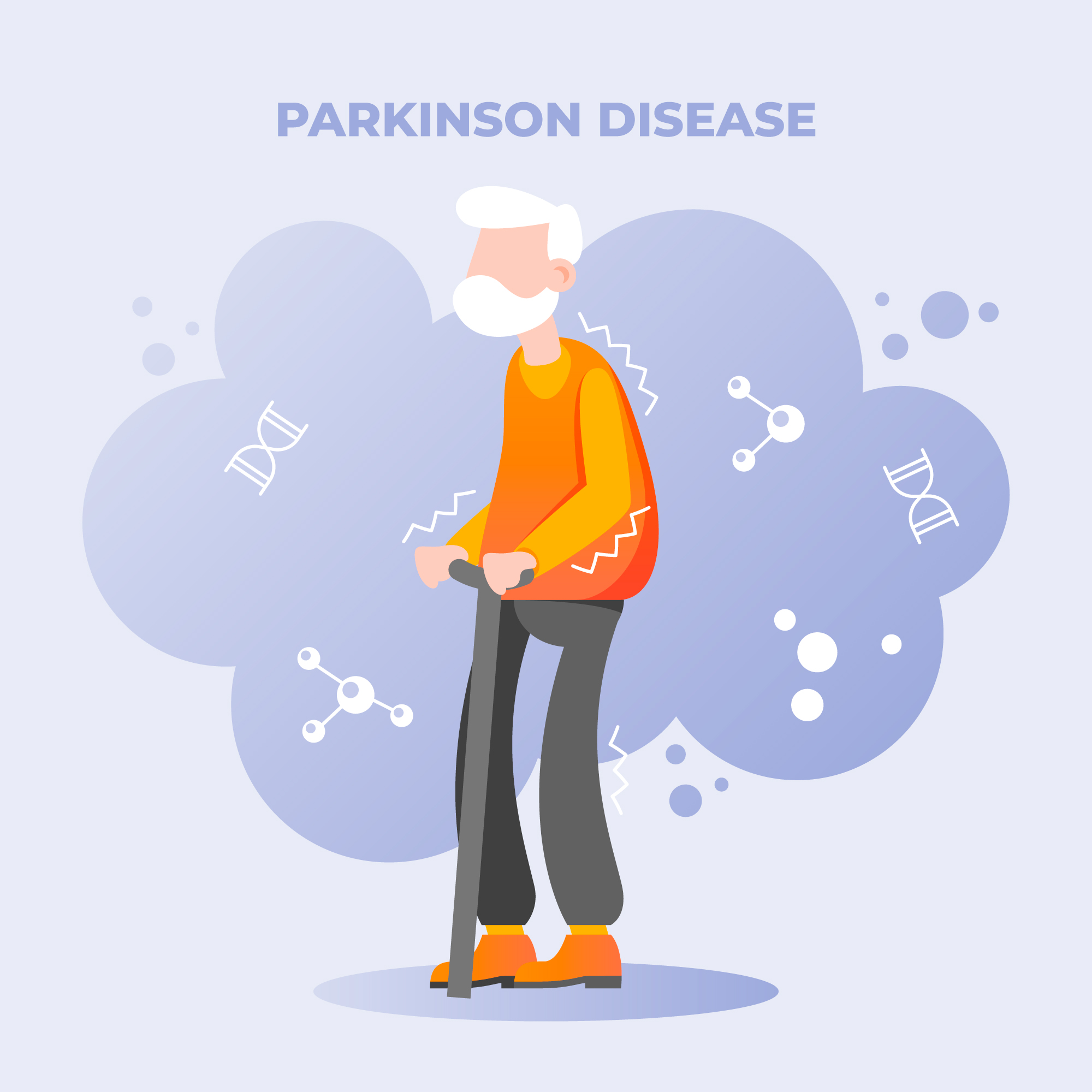
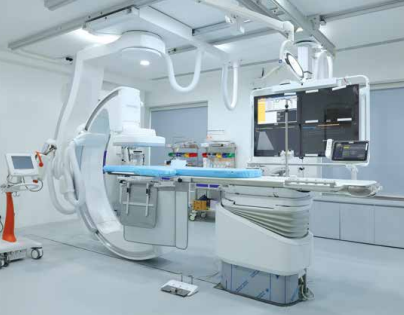
3. Dystonia & Related Disorders
Dystonia causes involuntary muscle contractions and abnormal postures.
-
Common dystonia symptoms: twisting, cramping, repetitive movements
-
Sub-types treated: cervical dystonia, oromandibular dystonia, muscle dystonia, dystonia musculorum
-
Special conditions: writer’s cramp treatment, blepharospasm, hemifacial spasm
-
Therapy options:
-
Precision dystonia treatment
-
EMG-guided botulinum toxin injections
-
Targeted care for cervical dystonia treatment
-
blepharospasm treatment
-
hemifacial spasm treatment
-
Our movement disorders clinic is trusted for holistic dystonia and tremor care.
4. Headaches & Migraine
Headaches can range from mild to disabling. For patients with recurrent or severe migraine, we provide structured neurology migraine treatment.
-
Care approach: identifying triggers, safe pain control, and preventive therapies
-
Goal: reduce attack frequency and restore normal daily life
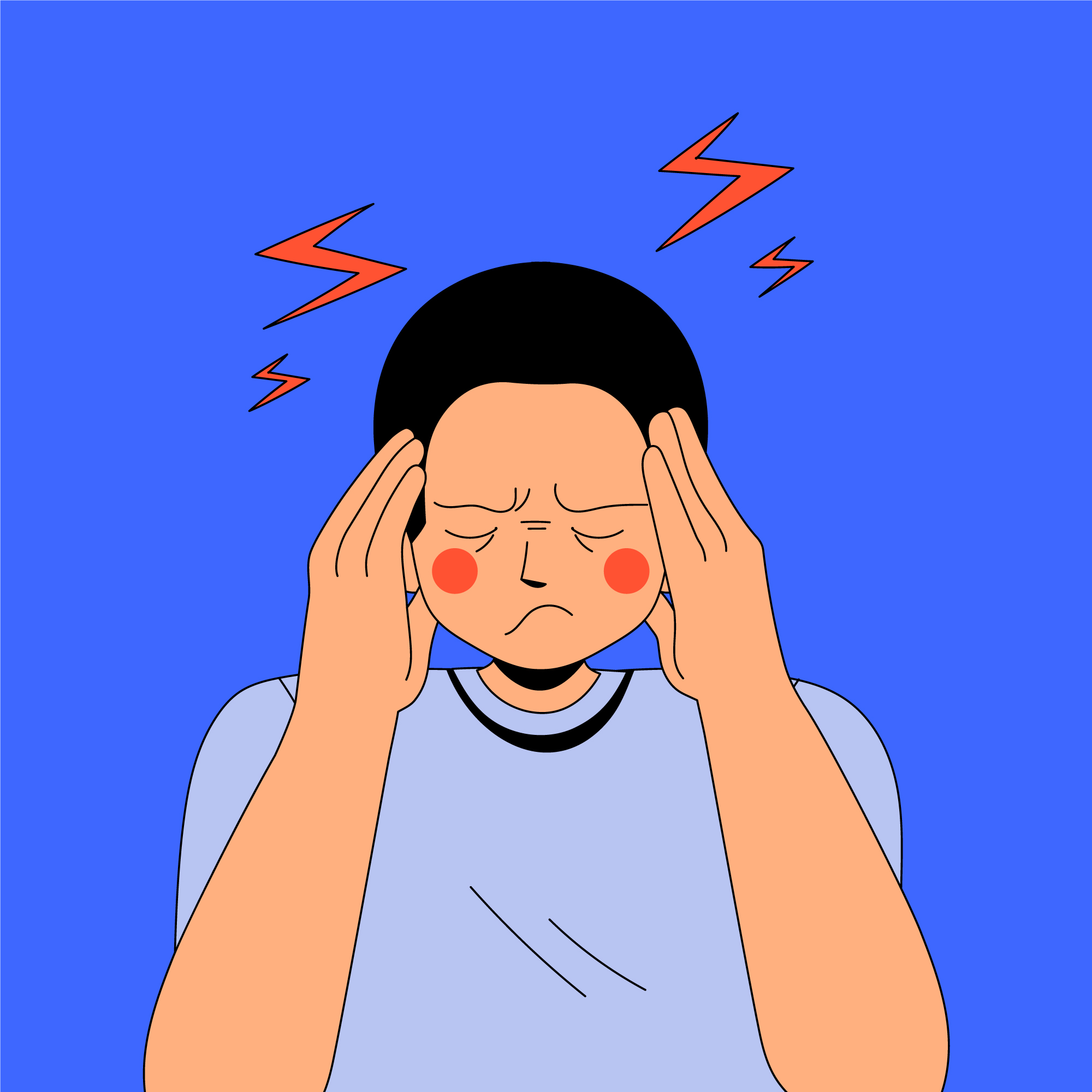
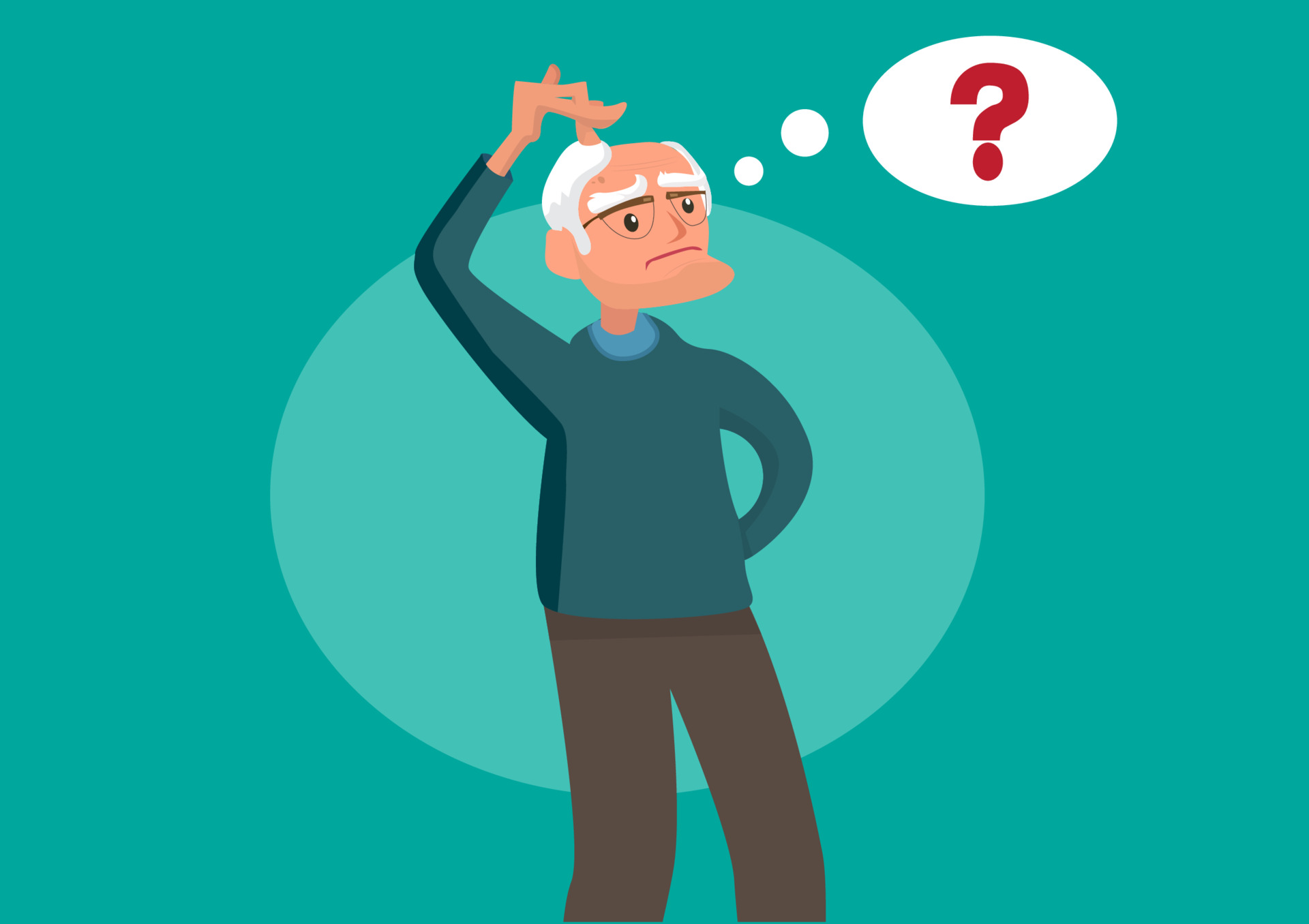
5. Memory Problems & Dementia
Memory issues can disrupt families and daily functioning. We provide:
-
Early cognitive testing and brain scans
-
Management strategies for dementia care
-
Guidance for caregivers and long-term planning
6. Neuro-Immune Care
We manage conditions like Neuro immune system disorders with :
-
MRI and laboratory tests for early diagnosis
-
Evidence-based immunotherapy and disease-modifying drugs
-
Regular follow-up to prevent relapses
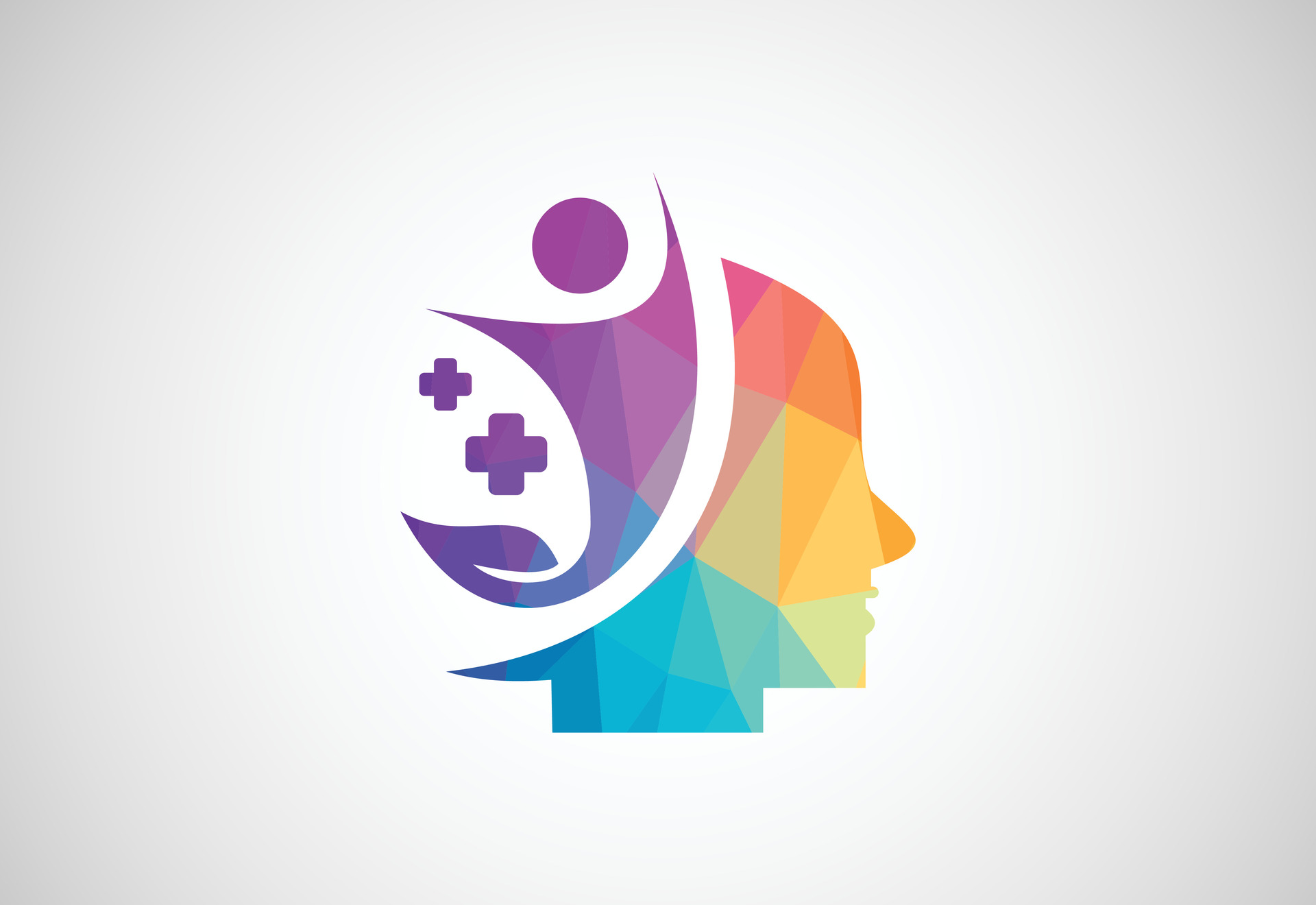
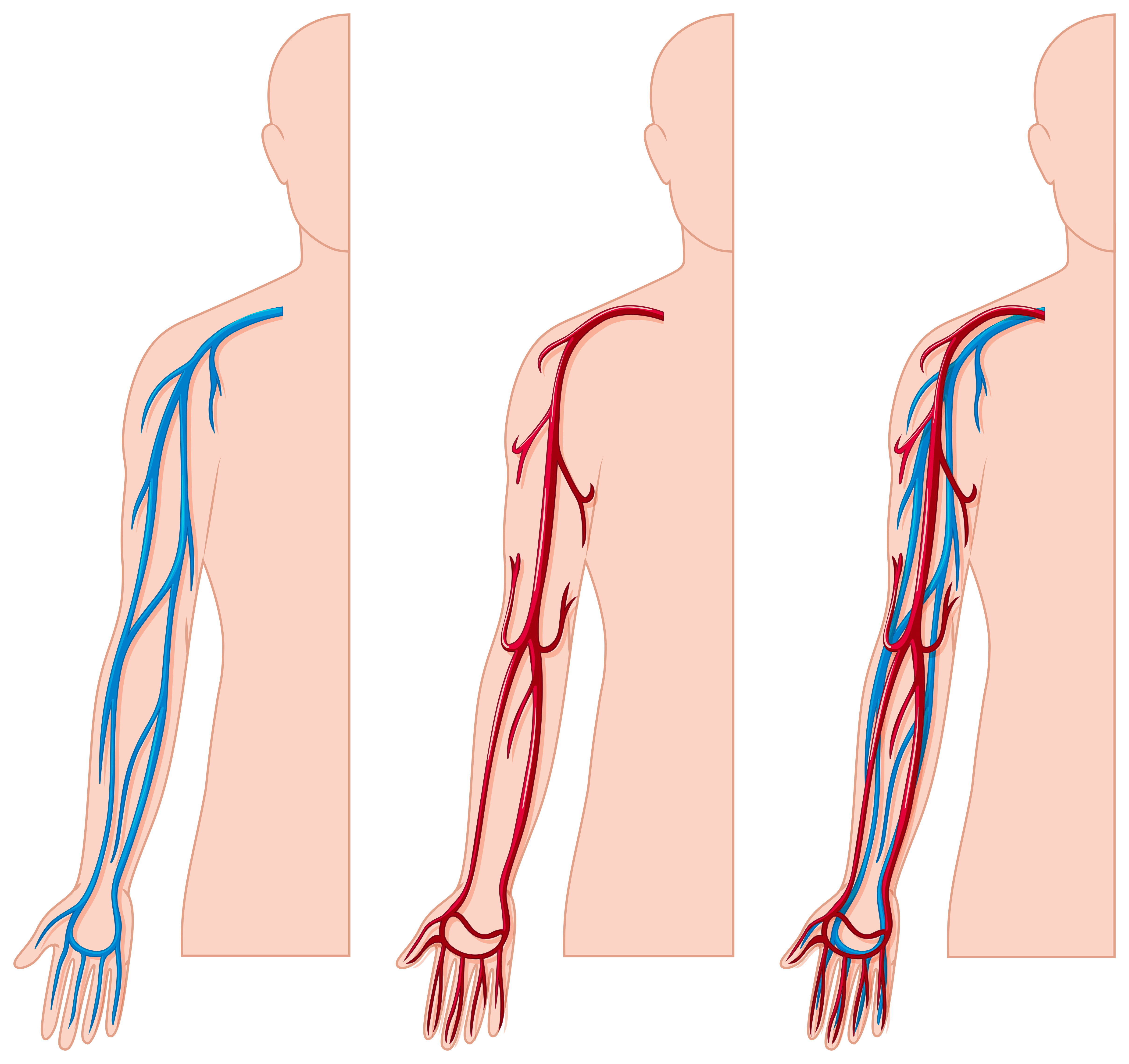
7. Peripheral Nerve & Muscle Problems
Nerve and muscle conditions often present with:
-
Numbness, tingling, weakness
-
Neuropathy and myopathy symptoms
-
Confirmed using EMG, NCS, and targeted therapies
8. Cerebral Palsy
We offer comprehensive support for patients and families living with cerebral palsy.
-
Cerebral palsy causes: brain injury before, during, or after birth
-
Cerebral palsy symptoms: stiffness, delayed milestones, difficulty with posture
-
Cerebral palsy treatment: therapy, spasticity management, caregiver guidance
We also evaluate symptoms such as sudden weakness or numbness, sudden loss of vision, repeated falls, new involuntary movements, and progressive problems with walking or coordination.
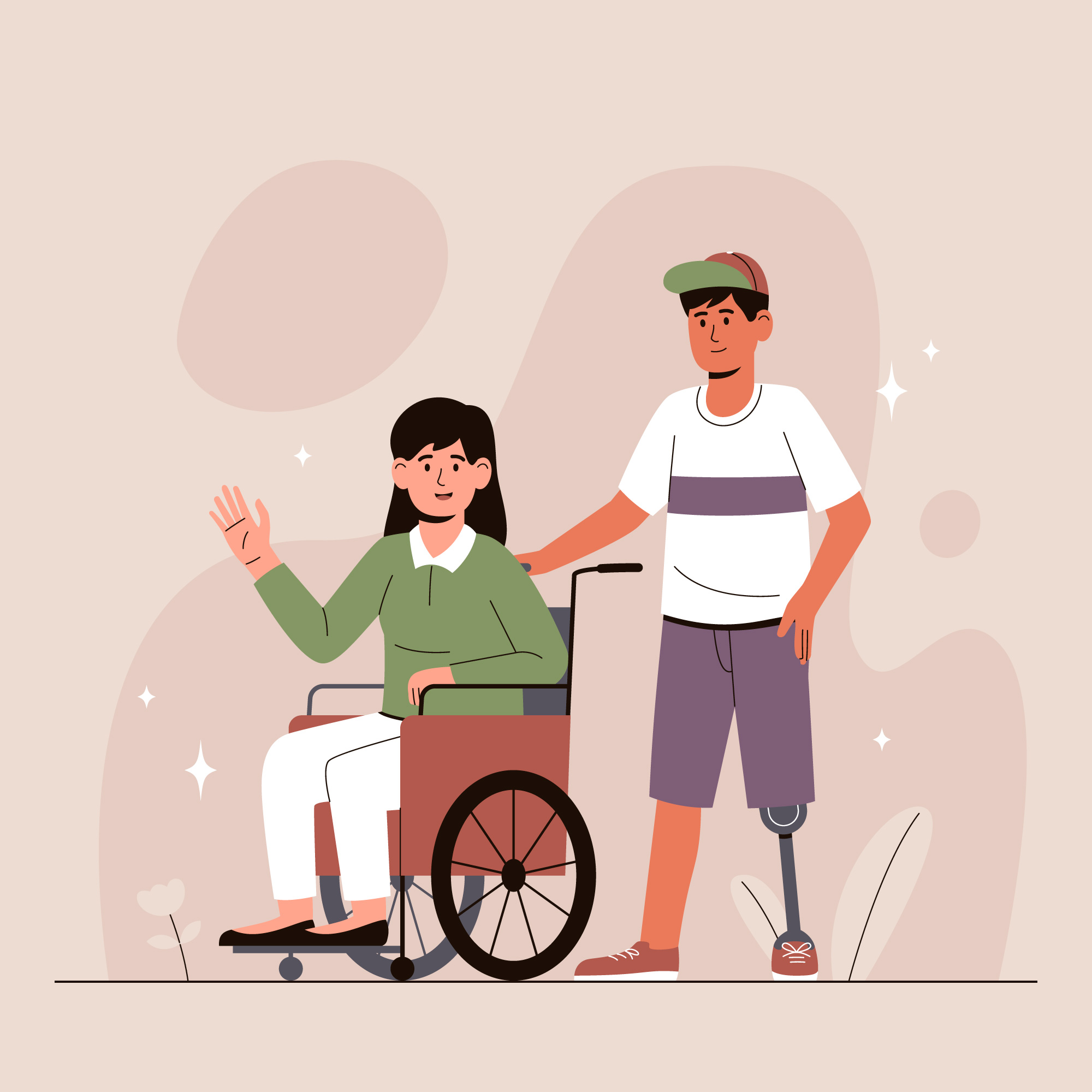
When to See a Doctor
Get urgent help for any of these:
-
A seizure lasting more than 5 minutes, or repeated seizures without recovery between them.
-
Sudden, severe headache or sudden loss of sight.
-
Fast-worsening weakness, numbness, or confusion.
Advanced Imaging and Testing
-
CT scan (256-slice CT with Gemstone Spectral Imaging): A fast X-ray scan that helps detect bleeding or a major stroke.
-
MRI (3 Tesla, 32-channel): Detailed scan of the brain or spine to detect strokes, inflammation, tumours, epilepsy, and multiple sclerosis.
-
PET-CT: Advanced brain activity and tumour assessment.
-
Digital Subtraction Angiography (DSA) & 3D rotational angiography: Vessel imaging for aneurysms, AVMs, and blockages.
-
EEG and Video-EEG monitoring: Key for epilepsy diagnosis and planning epilepsy treatment.
-
EMG (electromyography) and Nerve Conduction Studies (NCS): Tests for nerve and muscle disorders.
-
Evoked potentials, transcranial Doppler (TCD), and neurophysiology tests: Advanced studies for nerve function.
-
Neuropsychology and cognitive testing: Assessment for dementia and memory disorders.
Treatments for Neurological Conditions
At our neurology hospital, we focus on neurology treatment with proven benefits. Our scope includes:
-
Neurointerventional procedures: aneurysm coiling, AVM embolisation, carotid interventions, and tumour embolisation.
-
Epilepsy treatment: structured drug therapy, Video-EEG monitoring, neurosurgical options, and neuromodulation.
-
Parkinson’s disease treatment: medicines, therapy, botulinum toxin injections, and advanced options like deep brain stimulation.
-
Dystonia treatment: EMG-guided botulinum toxin injections for targeted symptom relief.
-
Neurological disorders treatment: individualised care plans for epilepsy, Parkinson’s, multiple sclerosis, dementia, migraine, dystonia, and cerebral palsy.
Dedicated Clinics and Services
-
Epilepsy Clinic & Video-EEG monitoring
-
Movement Disorders Clinic (Parkinson’s, dystonia, tremor)
-
Headache & Migraine Centre
-
Botulinum Toxin Clinic
-
Neuro Rehabilitation Centre
Your Journey to Better Neurological Health
A senior neurologist will:
-
Take a clear history and focused exam
-
Order only essential tests and explain them in simple terms
-
Share treatment options, expected benefits, and risks
-
Provide long-term care, rehabilitation when needed, and follow-up
If you suspect a stroke or seizure emergency, visit our emergency department immediately. For non-urgent concerns such as new tremors, long-standing headaches, or memory problems, book an outpatient Neurology appointment.
-
-
Zydus Promise
We aim to deliver safe, evidence-driven neurological disorders treatment focused on improving symptoms and restoring function. Our coordinated approach across diagnostics, minimally invasive therapies, surgery, and rehabilitation ensures patients receive the right care at the right time.
-
FAQ
-
Ataxias are a group of disorder that affects balance, coordination, and speech. Common symptoms include loss of balance, falls, change in speech, tremor, and difficulty with fine motor activities. Balance can be affected by diseases of the brain (cerebellum), vision, inner ear, and peripheral nerves.
-
Essential tremor is the most common movement disorder. It usually presents with shaking of hands. Other body parts like head, vocal cords, and legs can be affected. The tremors are more prominent while doing activities like eating, drinking and writing. Many patients with Essential tremor have a relative with the same disorder. Age of onset has a bimodal distribution with a peak in the 2nd-3rd decade and the second peak in the 7th-8th decade. Sometimes it can be confused with Parkinson's disease, but they are different conditions with different treatment.
-
B stands for Balance. E means eyes. If there is a blurred or sudden loss of vision. F stands for Face drooping, A stands for weakness in arm, S means difficulty in speech and T means, how crucial is time.
Our Doctors

